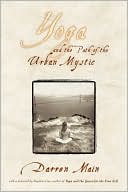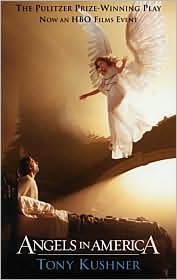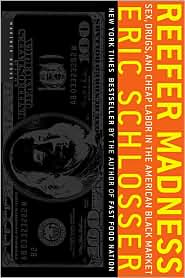
I'm currently in the last weekend of my yoga teacher training. About two months ago, when my reading list arrived in my email inbox, I could feel my heart pitter patter with excitement. School! Reading lists! Maybe I should get a new lunchbox! And the books have all been fascinating and honestly, are helping me make some positive changes in my life, but they're tricky. The predominant text, the bible of yoga, if you will, is
The Yoga Sutras of Patanajali. This is a brilliant text, but it's written for monks living alone on mountaintops. There is a portion that discusses how to use mind control to shrink yourself and levitate. I know, right? Clearly, your teacher at
Yogaworks is a total hack. But in all seriousness, I've had difficulties applying some of the things I've been learning to the reality of life in the big bad city and one of my teachers recommended I read
Yoga and the Path of the Urban Mystic. When I stopped laughing at the title and actually started to read it, I could not have been more grateful for the recommendation. It could be a quick read, but it shouldn't be, because the things Darren Main talks about are worth letting sit and stew. You don't have to have read the Sutras to appreciate it either. If you've ever left a yoga class feeling completely peaceful and at rest with the world and want tools outside of your asana practice o continue that feeling, this book will be helpful. If you want tools for leading a mindful and conscious life amidst all the everyday bluster, this book will be helpful. If you want to read about a point of view different from your own, this book will be helpful.
In case you haven't noticed, I found this book quite helpful.
 Have you ever read something you've read before and liked and appreciated and understood, but suddenly, you're seeing it in new colors and shades and depths and light explodes and it's a little bit like when the Angel first visits Prior in a big budget production of Angels in America?
Have you ever read something you've read before and liked and appreciated and understood, but suddenly, you're seeing it in new colors and shades and depths and light explodes and it's a little bit like when the Angel first visits Prior in a big budget production of Angels in America? 










